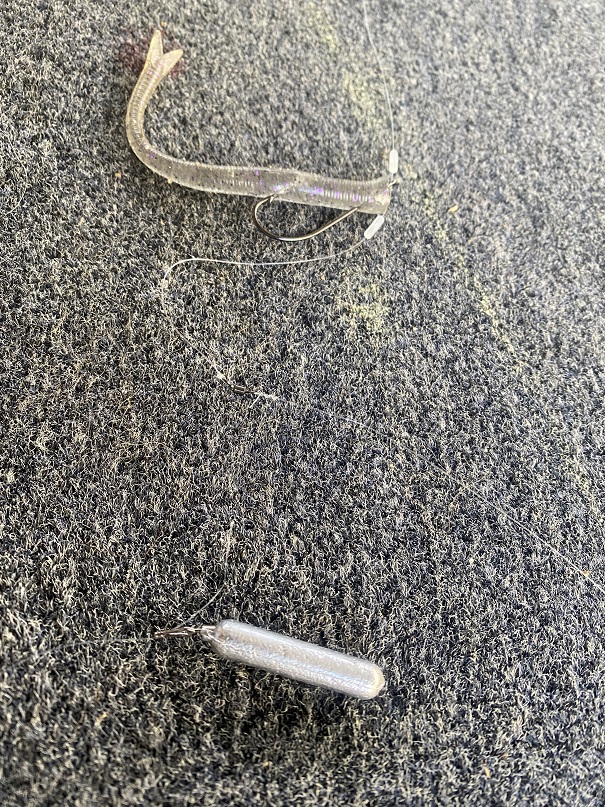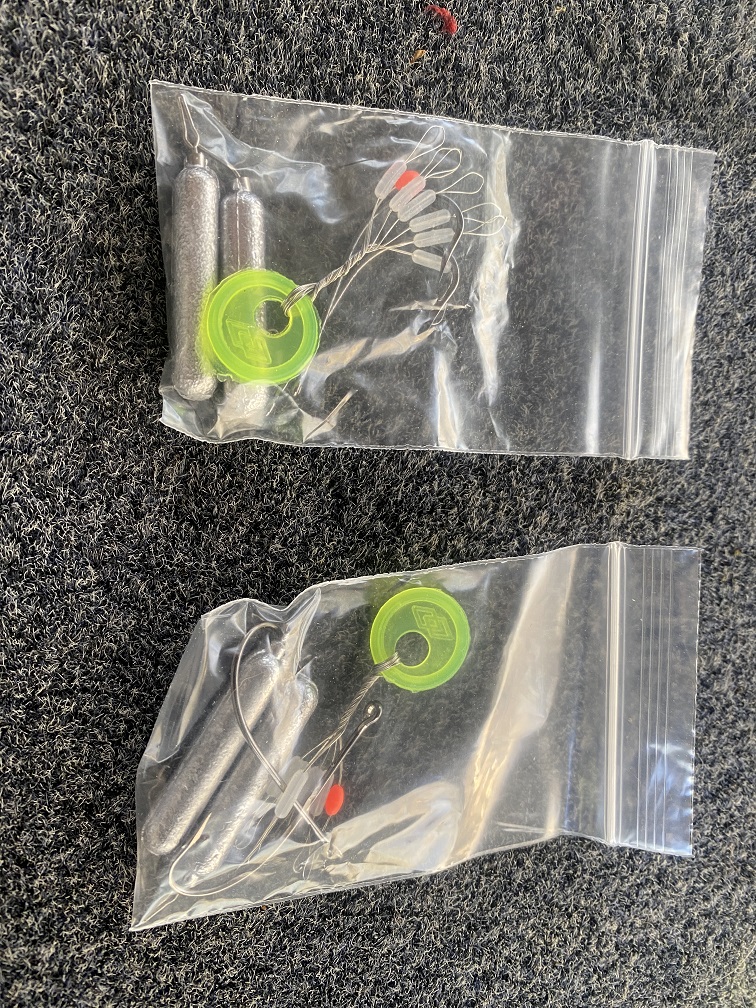There is a saying that goes something like “if it has tires you will have trouble with it.” That is especially true if you dunk the tires under water often. Boat trailer tires are notorious for causing problems.
For many years maintenance was fairly simple. You checked and repacked your bearings every year and kept a watch on them during trips. Even with that care you could have problems. Before he passed away, Jack “
Zero” Ridgeway took care of me and my boat trailer. It is hard to find a good reliable place to work on boat trailer tires.
One time when I was leaving for Lake Martin, a 125 mile trip each way, I noticed one of my tires wobbled a little. I stopped at Zero’s shop and he changed the bearings and got me on the way in a few minutes.
Twice I have had to replace one of the axles on my EZLoader Skeeter Trailers. One time I hit a curb trying to get out on a busy highway and bent the spindle on one tire. I was wearing out a tire every 400 miles on that spindle, so it was very cost effective to replace it.
Another time I was backing in at Lake Lanier and someone hollered at me that I was losing a tire. I got out and one tire was at an angle. It fell off with a little tug. I had to get a flatbed wrecker to bring my boat home to Zero to fix. Somehow that tire hung on all the way up the 5 different interstate highways at 70 plus MPH and waited until I was on the ramp to fall off!
My newer trailer has oil bath bearings, not the old kind you kept grease in. These hold oil and are supposed to be long lasting. I never noticed a problem with that tire before it fell off, but it was bad enough to ruin that spindle.
Last week I noticed one of my tires and rims had oil all over it, not a good sign. I really did not know what to do, just that something had to be done. Luckily, I was referred to Mike’s Trailer Hitches and Accessories at 3418 North Expressway. I took my boat to him and he checked, the cap was leaking a little and he filled it back up with oil and ordered me a new cap.
Service was friendly and helpful and its nice finding someone to work on wheel bearings on boat trailers. I hope I don’t go there much, but when I need work done I know where to go!



